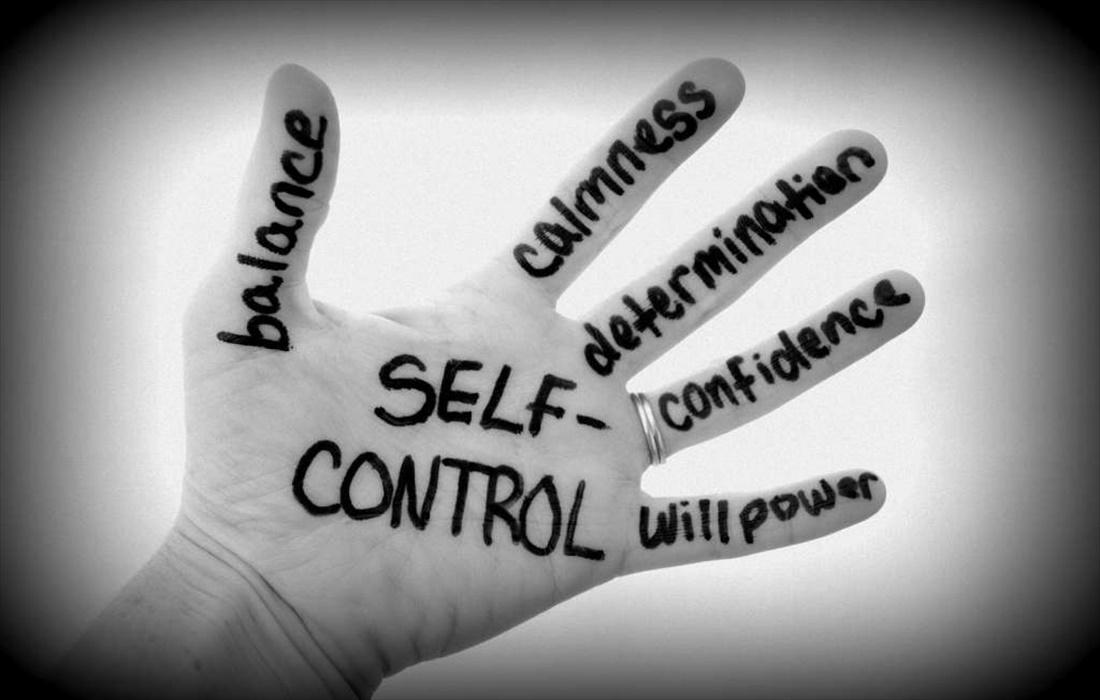How to Avoid stress as a Student

Here's how to deal with stress as a student -
Dr. Jabal medical insiders calm as described by the yerkes-dodson law mild amounts of physiological or mental stress actually improve performance but only up to a point further increases in stress prove detrimental not only in immediate short-term performance but chronic stress can lead to a variety of physical and mental health issues as well ever since getting diagnosed with inflammatory bowel disease as a freshman in college I began taking stress mitigation measures much more seriously many autoimmune conditions including Crohn's disease are exacerbated by unmanaged stress.
These are the lessons I've learned over the years while stress can be varied including physical stressors like intense training or an illness we'll be focusing on mental stressors that students face in day-to-day life academic stress is likely what you're most familiar with this includes needing to learn and memorize large quantities of information meet deadlines with projects or assignments and of course the stress of upcoming exams and maintaining good grades social stress includes peer pressure the stress of new relationships whether platonic or romantic balancing your academics with social life and adjusting to your new environment after all you may not yet be fully adjusted to living on your own without your family stress of daily life includes other factors like financial burdens your daily commute or balancing a part-time job I don't believe there's a single best way to manage stress in all situations there are a few foundations to focus on and then a few targeted techniques depending on the specifics of the stressor.
Foundations Level -
Let's start with the foundations on a foundational level you want to begin by focusing on organization if you're enrolled in four classes each of which has various assignments and test dates it can quickly become overwhelming by simply taking the time to get organized such as putting class times in your calendar including exam times and assignment due dates you'll greatly reduce the sense of dread chaos and uncertainty you feel when approaching your academics organization extends to other aspects of your life - like time management rather than approaching each day as a blank slate and and doing what you feel like when you feel like try time blocking during those hours when you know you'll be more focused and more productive plan on setting aside a few hours for more intense and focused work or studying during the hours when you know focusing will be difficult block out time to get a workout in or do laundry or grab groceries staying organized in this way will also warn off procrastination one of the most common and insidious stressors amongst students.
It mitigates the issues of balancing social stressors with academic stressors if you know when to study and when to hang out with friends you won't have to make the decision each time a social opportunity presents itself in college I was definitely more of a night owl for that reason I would roll out of bed around 8:00 or 9:00 a.m. go to lecture and after classes my brain would feel cooked so I'd workout in the afternoon then go home and eat after cleaning up my dishes this was the time I felt I could most effectively focus and get work done in medical school I became more of an early riser and my schedule flipped my best and focused work was in the mornings and I stopped studying in the evenings don't be afraid to experiment and try a new schedule out for a few days to see how it feels transitioning from night owl to early bird is common as one ages on a foundational level you should also know that exercise is a phenomenal way to let off steam rather than bottling it up inside you loneliness is also an insidious factor that can exacerbate stress maintaining healthy social support and connections with friends is beneficial so long as you don't overdo it and neglect other academic and personal responsibilities as for the targeted strategies.
Confidence -
I worked through a difficult problem and I felt confident about my answer it further bolstered my confidence that I was going to dominate this test and when I inevitably came across a more difficult question I acknowledged it was a good try to stop me but I'd come back before the end of the test and get it right I understand the sounds of ridiculous and way out there but this worked for me in fact I'll admit I even enjoyed taking tests sure studying had its moments of drudgery and boredom and I had to push through but taking the test was like playing the sports game it was show time in more extreme situations where I felt out of control or overwhelmed I found deep breathing and mindful observation to be the most effective with grounding me adjusting my self-talk was most effective only when I was at a more moderate or mild stress level deep breathing and mindfulness made chaos feel manageable and self-talk made the situation become fun whether it was a test or another stressor my self-talk focused on the opportunity to be challenged to do my best work and to prove to myself that I could do more than I expected the last targeted strategy is to break down a seemingly large or overwhelming situation into more manageable steps rather than focusing on the idea of having to cycle 100 miles for my first century which was incredibly intimidating at the beginning of the ride.



